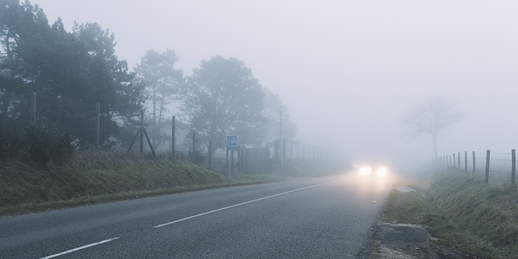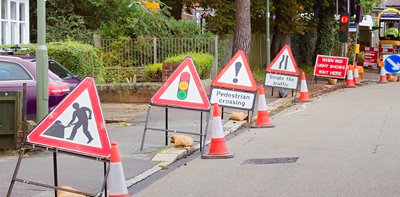
The clocks go back on Sunday and, inevitably, will lead to national confusion. Wondering whether your phone switches automatically to the new time. Forgetting that the oven definitely doesn’t. On the plus side, we’ll have lighter mornings but we’ll also have darker evenings. What does this mean for road safety?
Bluntly, while lighter mornings are good for road safety, lighter evenings are better. This is because more people travel in the evening. Typically, journeys made in the morning are direct: children go straight to school and adults go straight to work. In the evenings our journeys are less straightforward. We pop to the shops on our way home, meet friends for dinner or go home and then go out again. There are more journeys and there is more variety in those journeys.
GMT, GMT+1 and GMT+2
The Road Safety Foundation, a road safety charity, has made initial estimates of the lives that could be saved by keeping our evenings brighter.
Their analysis shows that if we didn’t push back the clocks on Sunday, but stayed on British ‘Summer’ Time year-round, we could save around 30 lives a year. The real bonus, however, would come if we switched to a system where we pushed our clocks an hour forward all year long, so that we’re running on GMT+1 in the winter and GMT+2 in the summer.
If this happened, somewhere in the region of 40-45 deaths could be prevented every year. There would also be around 160-175 fewer serious injuries on British roads each year. The Road Safety Foundation does caveat these findings by highlighting that they are based on applying the latest road casualty figures to historical models, rather than on a full analysis, but there is little doubt that there will be more casualties on our roads following the change to GMT this weekend.
Brian Lawton, Programme and Research Manager at the Road Safety Foundation, commented, “More than seventy people are killed or seriously injured on British roads every day, and the risk for road users is higher in darkness than in daylight. While we can’t increase the total amount of daylight available, we can make better use of the daylight that we do have; sadly, the evidence suggests that the increase in travel in darkness resulting from this weekend’s clock change will mean that road users are more likely to be killed or injured.”
Sensible precautions
It’s unlikely that we will change our clocks by an hour, let alone two hours, so what else can we do?
The sensible precaution for all motorists is to ensure they are using lights appropriately. Many new cars have automatic headlights but, if your car doesn’t, consider keeping your sidelights on all day during the winter months. In the evenings, if you only put your headlights on when the street lights come on, you’re leaving it too late. Finally, check your lights are working and properly adjusted. A defective bulb can make you harder to see and make it harder for you to see the road properly.
